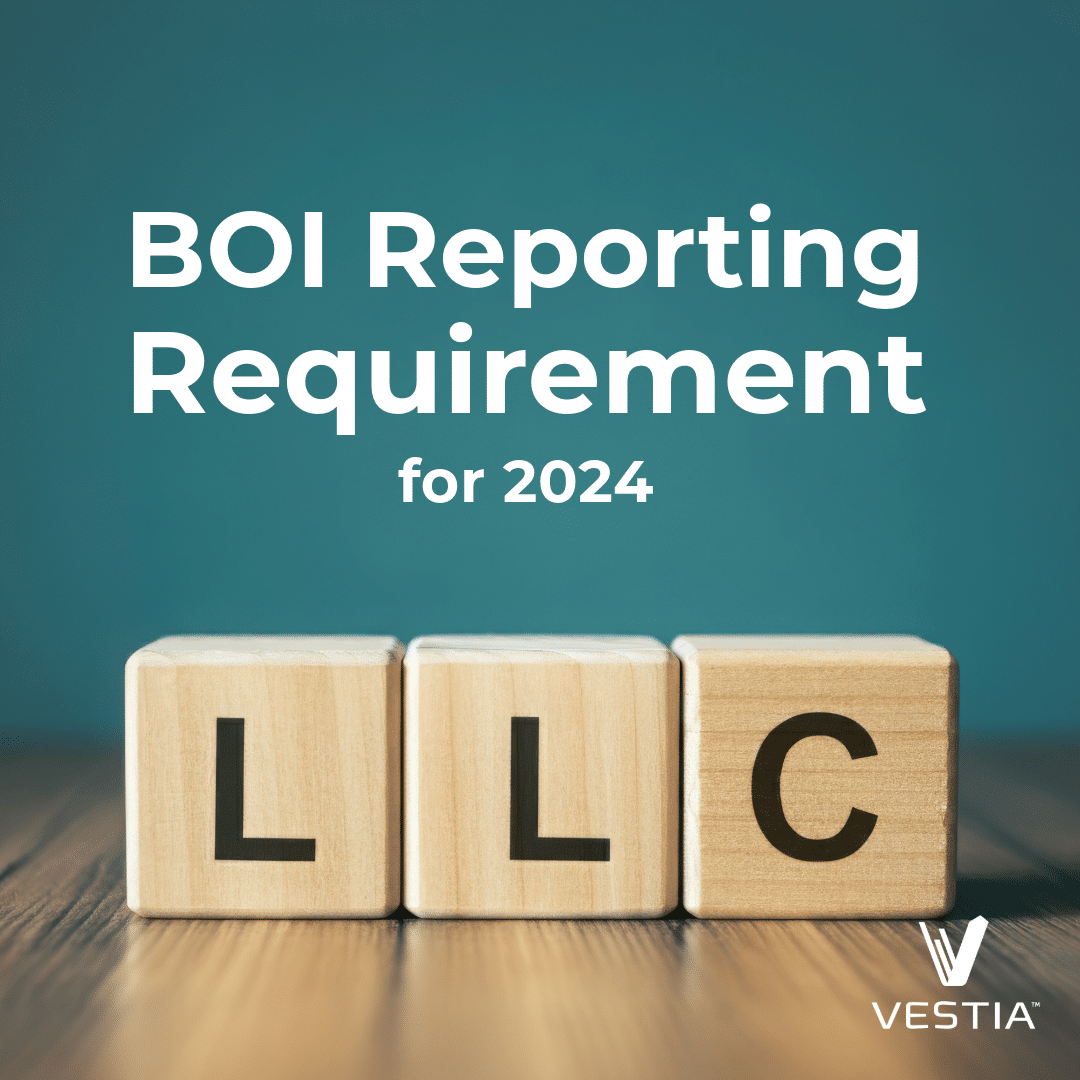As an investor, you likely know that you’ll have to pay taxes on your investments. But what type of taxes will you pay?
For most assets outside of wages, interest, tips, etc. (ordinary income tax), it’s capital gains tax.
You pay capital gains tax when you sell and earn a profit from a capital asset like stocks, property, business, art/collectibles, and more, which brings about a significant question:
Can realizing capital gains push you into a higher tax bracket?
Let’s dive a bit deeper into this topic to determine how capital gains may affect your tax situation.
A Look Inside Capital Gains: Short Term, Long-Term, and Bracket Distinctions for 2021
We believe that one of the most essential elements of investing is time. Time can help inform several investment decisions and can even affect your tax liability.
First, the IRS assigns a significant difference between short and long-term investments—and long-term investments are often taxed more favorably.
Any gains realized within a year are considered short-term investments. So, if you purchase 20 shares of Tesla and sell them after 11 months, those shares would be taxed at a short-term capital gains rate, which equates to ordinary income tax rates.
If you sell an investment you’ve held longer than a year, the IRS taxes the sale at a long-term capital gains rate. By holding onto your Tesla shares, even for 12 months and a day, you’re eligible to be taxed at the more desirable, long-term rate. The goal is to entice investors to keep their money invested longer—a win for long-term investors.
While we don’t have a clear answer on what the tax brackets will look like in 2022, we do know what they are for 2021 (for taxes due Apirl 2022).
Short-term capital gains align with your current federal tax bracket—anywhere from 10%-37%, depending on your income.
Long-term capital gains have their own scale:
Long-term capital gains for single filers
- 0% for those earning $0-$40,000
- 15% for those earning $40,001-$441,450
- 20% for those earning more than $441,451
Long-term capital gains for those married filing jointly.
- 0% for those earning $0-$80,000
- 15% for those earning $80,001-$496,600
- 20% for those earning $496,601 or more
Here’s a quick example of how beneficial long-term capital gains could be compared to short-term.
Say you’re a single newly licensed doctor earning $200,000. That amount puts you in the 32% federal tax bracket. By hanging onto your capital assets for over a year, you’ll only have to pay 15%, instead of 32% on the profits.
So, How Do Capital Gains Relate To Income Taxes?
In the eyes of the IRS, your ordinary income and long-term investments are taxed at their own distinct rates.
Since they are taxed separately, your long-term capital gains won’t cause your ordinary income to be taxed at a higher rate.
Think about ordinary income and short-term capital gains on one system and long-term capital gains on the other.
But, depending on how much gain you realize, your investments could be taxed at a higher capital gains tax rate—bumping from the 15% to 20% bracket, for example.
It’s critical to keep in mind that short-term capital gains will impact your ordinary income.
Capital Gains Do Impact Your Adjusted Gross Income, Why Does This Matter?
While long-term capital gains won’t cause the IRS to tax your ordinary income at a higher rate, realizing capital gains does contribute to your adjusted gross income (AGI).
Your AGI comes with several other tax implications, including:
- Impede your ability to contribute to a Roth IRA. In 2021, if you’re married filing jointly, you can no longer directly contribute to a Roth IRA if your AGI exceeds $208,000 ($140,000 filing single). Even if direct contributions aren’t on the table, there may be other ways for high earners to access Roth accounts. Check it out in our recent blog.
- Remove eligibility to make deductible contributions to a traditional IRA. Deductible IRAs for high-earners are rare as the IRS institutes an income ceiling, among other restrictions.
- Trigger the 3.8% net investment income tax. Those earning over $200,000 filing single and $250,000 filing jointly may be subject to the net investment income tax, which is an additional tax on investment income like capital gains, dividends, and rental income.
- Impact your ability to take advantage of other tax credits and deductions. Many credits and deductions come with income thresholds.
Your financial team can help you build a cohesive strategy for realizing your gains.
Be Mindful And Strategic When Realizing Capital Gains
Since capital gains do have a significant impact on your financial situation, your financial team should be cognizant of how much to realize in a given year, along with strategies to help reduce your overall tax burden. Carefully doing so has the potential to drastically impact your long-term tax situation for the better.
Investing comes with several considerations: where to invest, how much to contribute, how long to invest, and how your investment decisions impact your tax liability.
Below are a few practical strategies to note:
- Tax-loss harvesting. You can sell assets at a loss to offset more substantial capital gains. If your capital losses outweigh your capital gains, you can offset up to $3,000 of ordinary income. Currently, the IRS does allow you to carry excess amounts over to the next tax year.
- Regularly contribute to your retirement and other tax-sheltered accounts. Your pre-tax contributions (401k, HSA, etc.) lower your taxable income. If you max out your 401(k), that’s $19,500 you won’t have to worry about come tax time.
- Strategically coordinate realizing gains and ordinary income. Perhaps you’ll want to realize more gains in a low-income year or hold off on gains in years your income skyrockets. It’s important to be aware of how the two interact.
- Concentrate on long-term investing. Building a solid long-term plan opens up more options and choices to use your money efficiently and effectively.
Tax planning can be an integral part of a doctor’s comprehensive wealth plan. Doctors often find themselves in higher tax brackets, making it important to place special attention on this facet of their plans.
By making conscious, intentional, and informed tax decisions, you set yourself up to keep more of your money working for you and supporting your goals.
Are you ready to find confidence in your investment strategy? Our team would love to help you build an intentional wealth plan that maximizes your resources and helps you live your life more purposefully. Give us a call today.
Disclosures
Investment advisory services offered through Vestia Personal Wealth Advisors, Vestia Retirement Plan Consultants, and Vestia Advisors, LLC. Securities offered through Ausdal Financial Partners, Inc., 5187 Utica Ridge Rd, Davenport, IA. 52807 (563)326-2064. Member FINRA/SIPC. Vestia Personal Wealth Advisors, Vestia Retirement Plan Consultants, Vestia Advisors, LLC, and Ausdal Financial Partners, Inc. are independently owned and operated.
This material is intended for informational purposes only. It should not be construed as legal or tax advice and is not intended to replace the advice of a qualified attorney or tax advisor. This information is not an offer or a solicitation to buy or sell securities. The information contained may have been compiled from third-party sources and is believed to be reliable.



